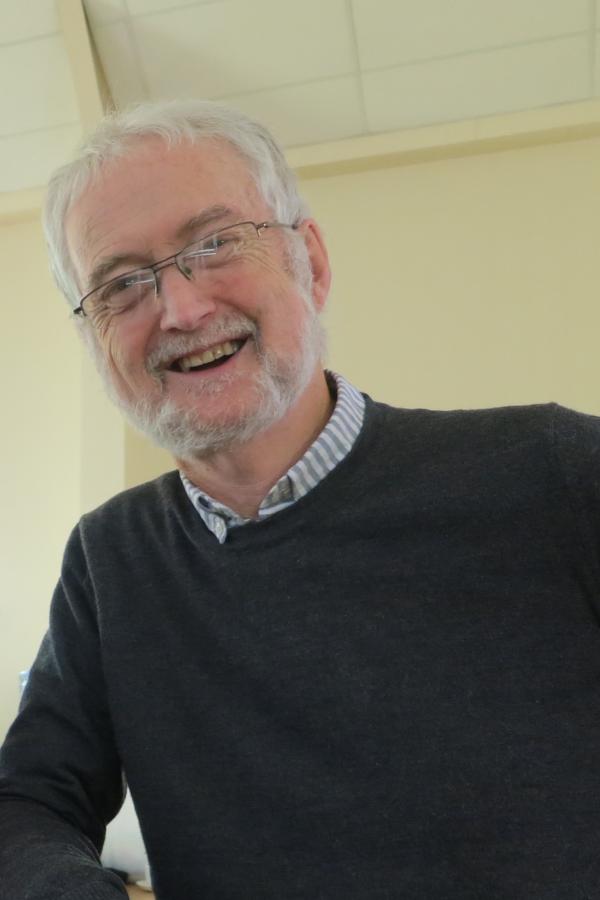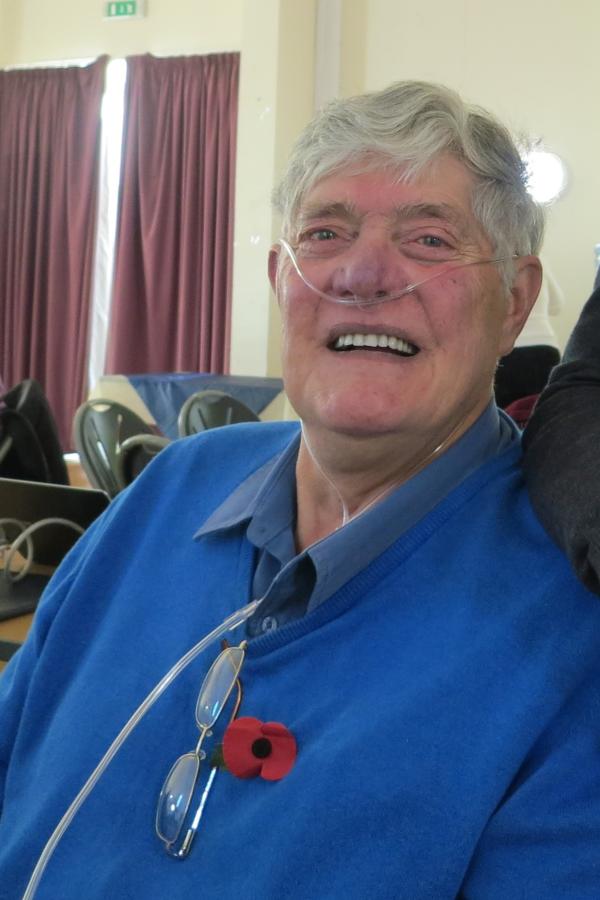Living with a lung disease
Summary
We want people with lung disease to live full and active lives and continue to do the things that are important to them and to their families.
At the moment the health service is set up to help when things go wrong, rather than to help people stay well.
Living with a lung disease
Supporting patients and families
What’s the issue?
Too many people are left in the dark about important decisions about their care. They feel they are not being listened to and are left out of conversations about what is being planned for them.
How do we solve it?
- We want people with a lung disease to have a personalised care and support plan.
- We want patients to be free to access the information they need and update their plans when they want, and to give permission for families and carers to do the same
Our vision for the future
People with lung disease will have more say over their care and patients, families and carers will have the knowledge they need about lung disease. Patients will be able to create their personalised plan and be able to use and change the plan where appropriate.
Our full plans for patients and familiesSupporting patients and families
10 minutes
time it takes to complete the BLF COPD Patient Passport
4 times
less likely to need a hospital stay for your asthma if you use an action plan
38,000+
completions of the BLF COPD Patient Passport

Steve Jones, Chair, Action for Pulmonary FibrosisEvery effort should be made for patients to influence important decisions about the care, and for the people who are important to them to be involved.
Living with a lung disease
Treatments that don’t use drugs
What’s the issue?
Good treatments are available which don’t use drugs. In particular, pulmonary rehabilitation, a programme of exercise and advice for people with a long-term lung condition.
They are some of the most effective ways of caring for people for lung disease. But these treatments are not available to all patients.
How do we solve it?
- We want more patients to be able to have pulmonary rehabilitation
- We want more support groups for patients, their families and their carers
- We need more research into treatments that don’t use drugs.
Our vision for the future
We want every patient who would benefit to be referred to pulmonary rehabilitation, and for every patient, family member and carer to know about nearby support groups which they can access. We want the patient experiences of other treatments that don’t use drugs to be listened to be included in decisions about care.
Our plan for treatments the don’t use drugsTreatments that don’t use drugs
26,600
hospital admissions that could be avoided by every eligible person having PR
42%
fall in unplanned GP visits among patients in Integrated Breathe Easy Groups
“Pulmonary rehabilitation is the most beneficial treatment I have received. This is not only for the exercise provided but more importantly for the education given.”
Colin Failes, living with idiopathic pulmonary fibrosis

Being told you have IPF is devastating but if you come to a support group and put out your hand, somebody will hold it.”Being told you have IPF is devastating but if you come to a support group and put out your hand, somebody will hold it.”
Living with a lung disease
Helping pharmacists to help patients
What’s the issue?
Pharmacists are well placed to check people are taking the right medication, safely and effectively. But at the moment there’s a limit on the number of reviews that pharmacists may carry out. A further problem is that the outcome of these reviews is not always shared with the patient’s GP which can mean the patient can end up being asked the same things again.
How do we solve it?
- We want the cap on reviews to be lifted so pharmacists can help more people
- We want GPs and pharmacists to work more closely together, sharing information that will help to improve the care patients receive.
Our vision for the future
We’ll see more medication reviews, which means more people will get the right medication and will be better able to manage their illness. Then they will be able to live better and more of the things they want to do.
Our plan for helping pharmacistsHelping pharmacists to help patients
400
cap on medication reviews carried out by community pharmacies
1.6 million
people visit a community pharmacy every day

Angela Chalmers, community pharmacistAs a community pharmacist, who is passionate about lung health, I am always looking for the opportunity to help patients with their medication, whether this is through counselling, MUR or supporting with self-care.”
